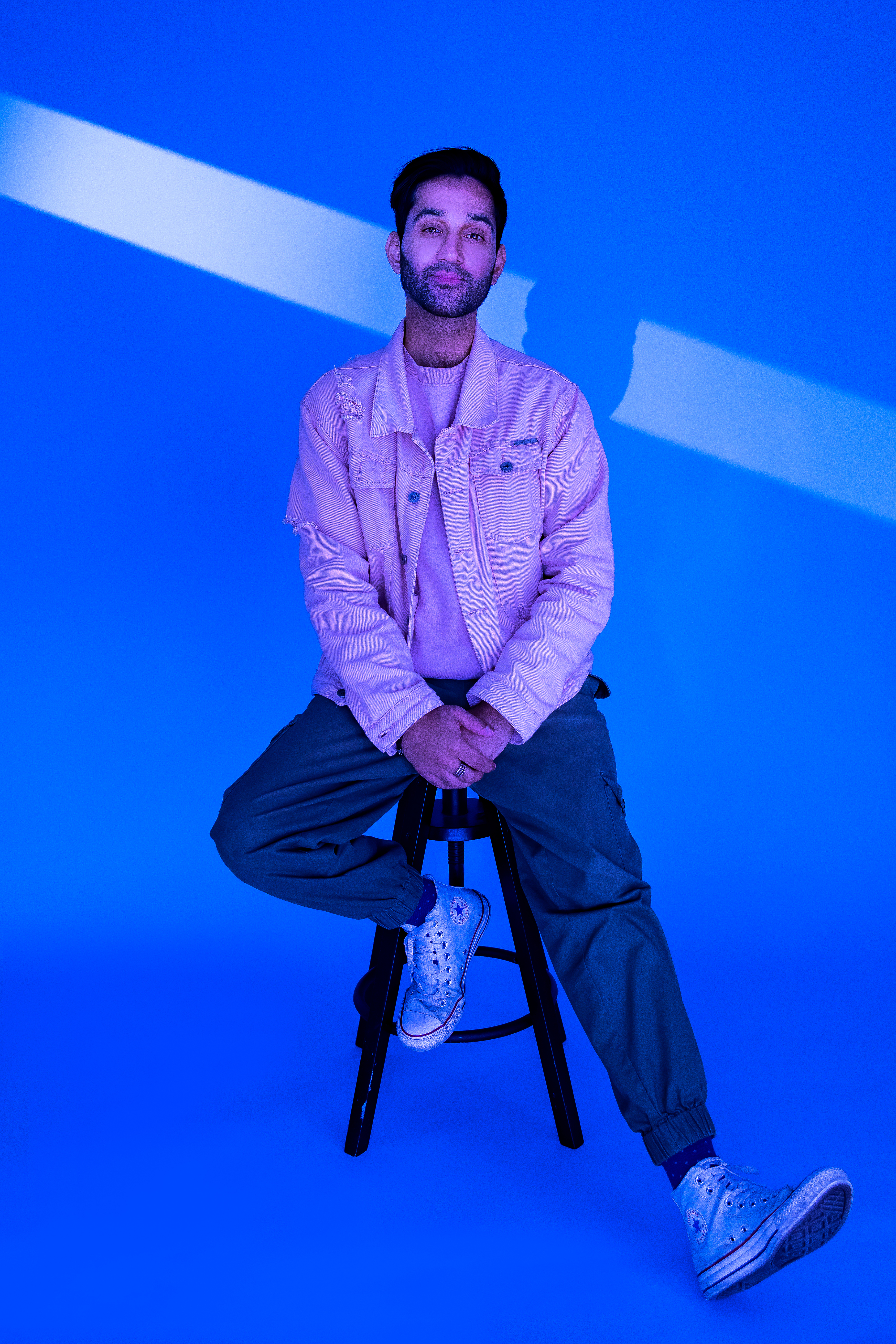Building the future of AI-generate music with ethics and artists top-of-mind
- In May this year, PIXELYNX released KORUS, a new AI music platform. Can you give us a quick summary of how it works?
KORUS is an interactive music platform that features AI collaborators called KOR. KORs are designed with iconic and emerging artists and empower users to ethically create AI-generated music using digital collectibles known as “Artist DNA,” which host a library of artists’ music stems, sounds, and tracks related to specific artists. For example, KORUS recently launched mau5trapDNA, which included various stems from artists of deadmau5’s label, mau5trap, and we have upcoming launches with other artists and labels – the options are truly limitless. It’s our priority to enable AI tech to not only create new ways for fans and artists to engage, but to empower creatives to embrace it as a tool in their creative arsenal. Because Artist DNA is traceable to each artist, users can responsibly create fully-licensed AI tracks that credit themselves and the original artist.
- Members of the music industry have expressed concern that AI might negatively impact artist compensation models and IP. Is this fear justified? How is KORUS working to protect artists into the future?
The concerns regarding the implication of new technology on artist IP rights are not new – this is a conversation that’s constantly evolving and one we’ve seen many times throughout history. With the advent of music sampling, many artists feared it would wreak havoc on the industry, causing issues with fair intellectual property credit compensation. Not only has sampling dodged this dystopian future, but it has opened up new avenues for artists to experiment with sounds and tracks, reinject life into music by expanding existing genres of music, and create new revenue streams for artists.
The same can be said for AI. Since we’re still welcoming AI technology into the fold, we’re witnessing the highs and lows – especially the lows. While some musicians are welcoming of AI, many are also gripped with fear that it could stunt growth, opportunity, and creativity or make their careers obsolete altogether. On the contrary, AI technology can ensure better credit and compensation for artists’ original works, and similar to sampling, create new opportunities for their sounds to reach new audiences and discover new income streams.
- How can AI help an artist’s creative process?
AI possesses immense potential to help artists overcome creative obstacles, enhance productivity, and ultimately expand their audience reach. Tools like Jasper and Ryter are already improving the songwriting process by capturing various tones, moods, and complexities for those in need of a little assistance. AI can also optimize certain time-consuming processes like mastering tracks, producing music, or inspiring album cover art. Lastly, AI can open up entirely new genres of music and encourage artists to experiment with different sounds, which could open their following to new audiences. Let’s say you typically write and produce beats that fit within the rap genre, using AI technology could put a country or pop spin on your tracks, creating a unique sound that appeals to multiple types of listeners.
- What impact, if any, do you think technology will have on fan and artist engagement over the years to come? What else is PIXELYNX doing in the space?
AI and Web3 technologies will establish more engagement between artists and fans, lowering existing barriers and offering more ways to truly create together. Although social media platforms like TikTok have welcomed fans to directly engage with or duet with their favorite musicians, there aren’t many mediums to directly collaborate on music. With future KORUS drops and activations, users can create, share, and profit from their own works inspired by their favorite artists, creating a new “genre” of engagement altogether.
- What is your message to music artists today?
Although emerging technology can be met with a little hesitation, I urge anyone in the music space to explore the possibilities of AI and Web3. This new space is vast and unexplored, and if you can learn the ins and outs of it now, you’ll have control of where it grows and where it can take you. Not only can these tools benefit artists from a creative and optimization standpoint, but these technologies have the power to transform fandom as we know it.
- As a founder in the space, what ethical considerations are guiding your forward planning and decision-making? In the absence of clear regulatory frameworks, how are you progressing with integrity and confidence?
Ultimately it’s all about benefiting the artists. Without them, we have no way of moving music forward in a way that transcends the online world. We want to establish a platform that positions artists and their collaborators/fans to benefit in ways the current industry has yet to uncover. Although some frameworks have been unclear, we are moving forward each step of the way with their rights, credit, and financial compensation in mind.
- What is your ultimate vision for KORUS and where will your focus be over the next 12 months?
KORUS stands out as one of the pioneering platforms that seamlessly introduces both artists and fans to the realm of AI, familiarizing them with previously unfamiliar technologies and concepts. As we progress in the platform’s development, our primary objectives revolve around user-friendliness and engaging experiences for creators, musicians, labels, and fans. Over the next 12 months, our goal is to invite various participants into the KORUS ecosystem and initiate exciting activations, partnerships, and collaborations that make AI and Web3 technologies accessible while simultaneously evolving the music industry as we know it.
